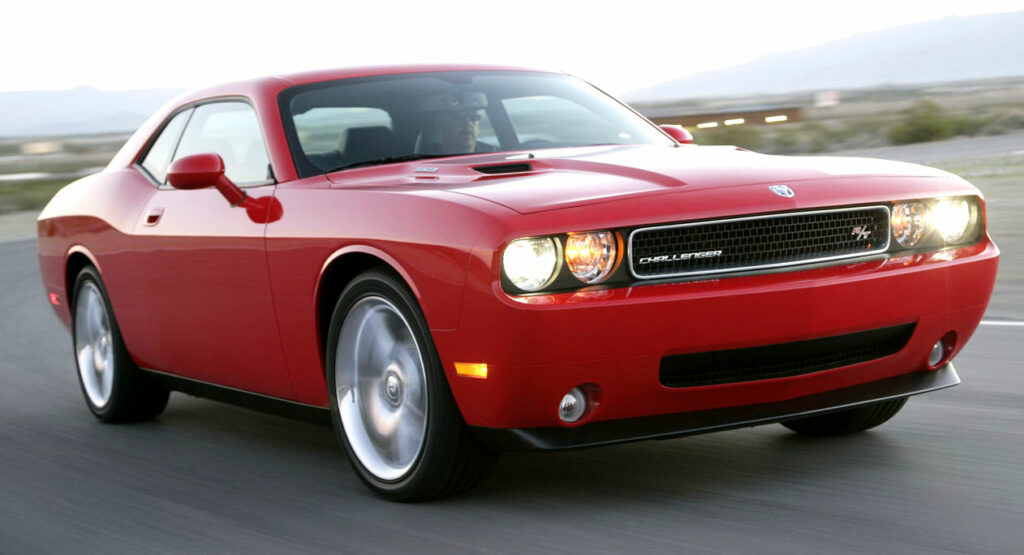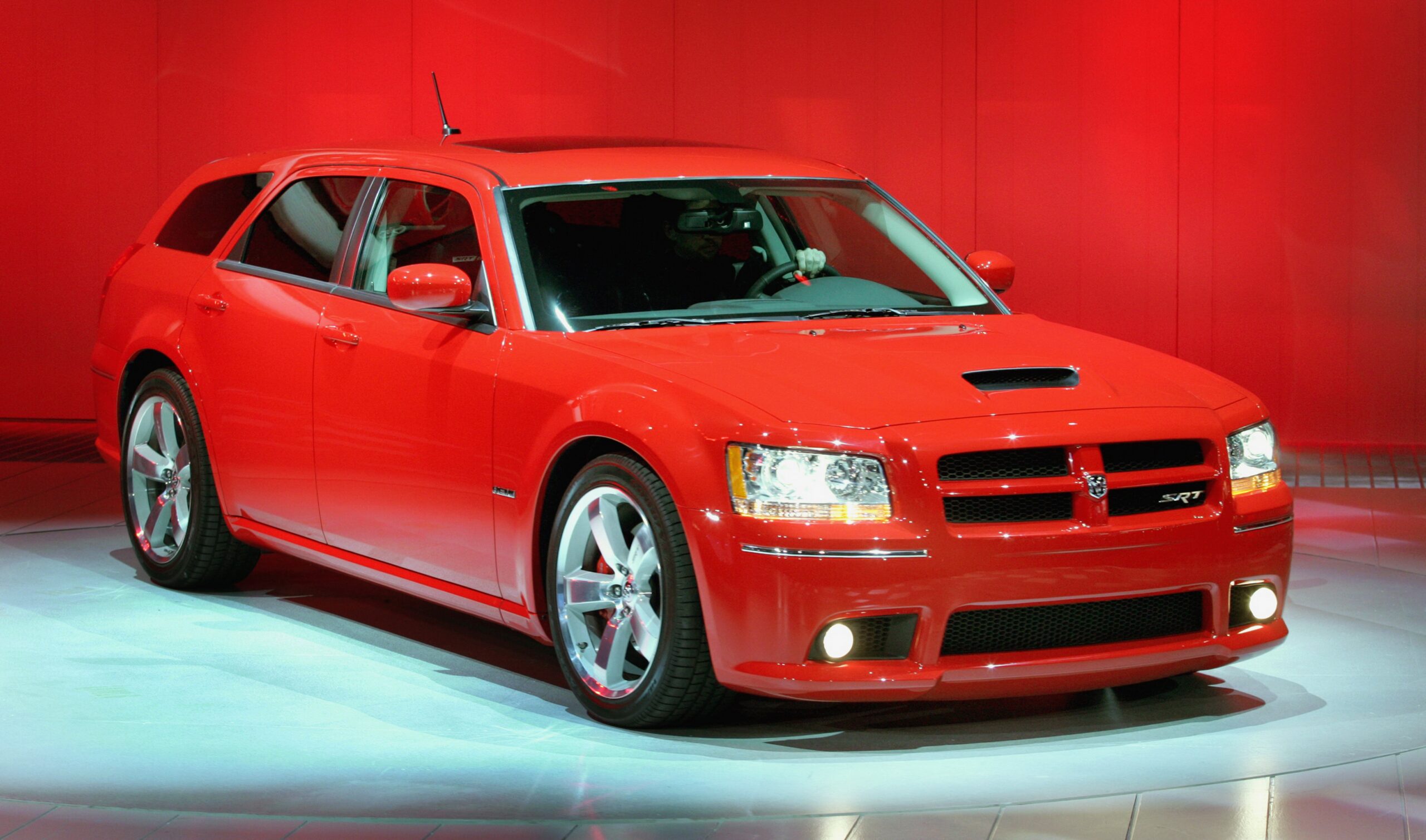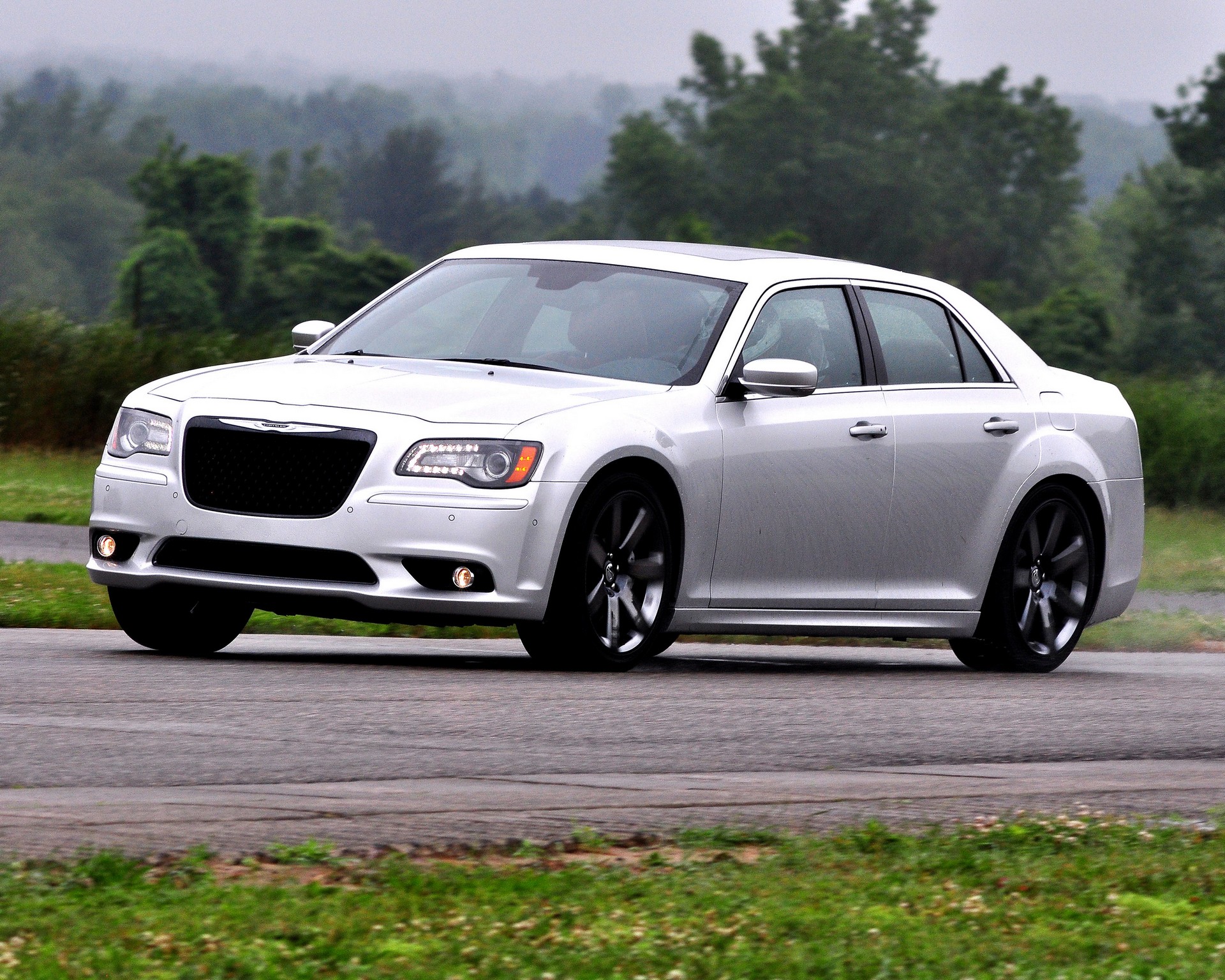More than a quarter of a million 2005-2010 model-year Dodge and Chrysler cars still need to have dangerous Takata airbags replaced. And as these vehicles continue to age, the risk factor increases. As such, Stellantis is warning owners and custodians of such vehicles to stop driving them until they follow through on the airbag recall. The stop-drive order comes as the NHSTA released a statement today saying that two people have died this year in separate crashes involving 2010 Dodge Chargers when the Takata driver’s side air bags exploded.
The automotive conglomerate says that approximately 276,000 vehicles still need to have their Takata airbags removed. That includes 2005-2010 Dodge Magnums, Dodge Challengers, Dodge Chargers, and Chrysler 300s. According to Stellantis, it’s doing everything it can to contact owners of the vehicles in question directly.
It also points out that the danger increases as time goes on. The ammonium nitrate used by Takata to inflate these dangerous airbags can become more unstable over time. That’s especially true in scenarios where it’s exposed to moisture and extreme temperature cycles. Should it explode, and there’s plenty of evidence proving that these airbags do go off randomly, it can send deadly shrapnel into the vehicle.
Read: NHTSA Launches Move Over Campaign To Convince Drivers Of The Obvious
Evidently, most of the owners with these yet unfixed vehicles cite time as their number one reason for not getting the recall completed. Hoping to remedy that concern, Stellantis says that the procedure to swap out the airbag takes “well under one hour” and that it has “sufficient inventory of new airbags to meet demand.”
All of the vehicles included in this ‘Stop-Drive” campaign are a part of a recall that took place back in 2015. Free replacement driver’s side airbags have been available since that time for all of the vehicles in question. Should you own a vehicle described above there are a couple of ways to find out if your specific car is involved.
First, you can call 833-585-0144 where a representative can confirm your car’s status. If you’d prefer to avoid a phone call because of course you would, there are three websites where you can check your vehicle’s recall status with nothing more than your VIN number. They are mopar.com/recalls, checktoprotect.org or nhtsa.gov/recalls.






